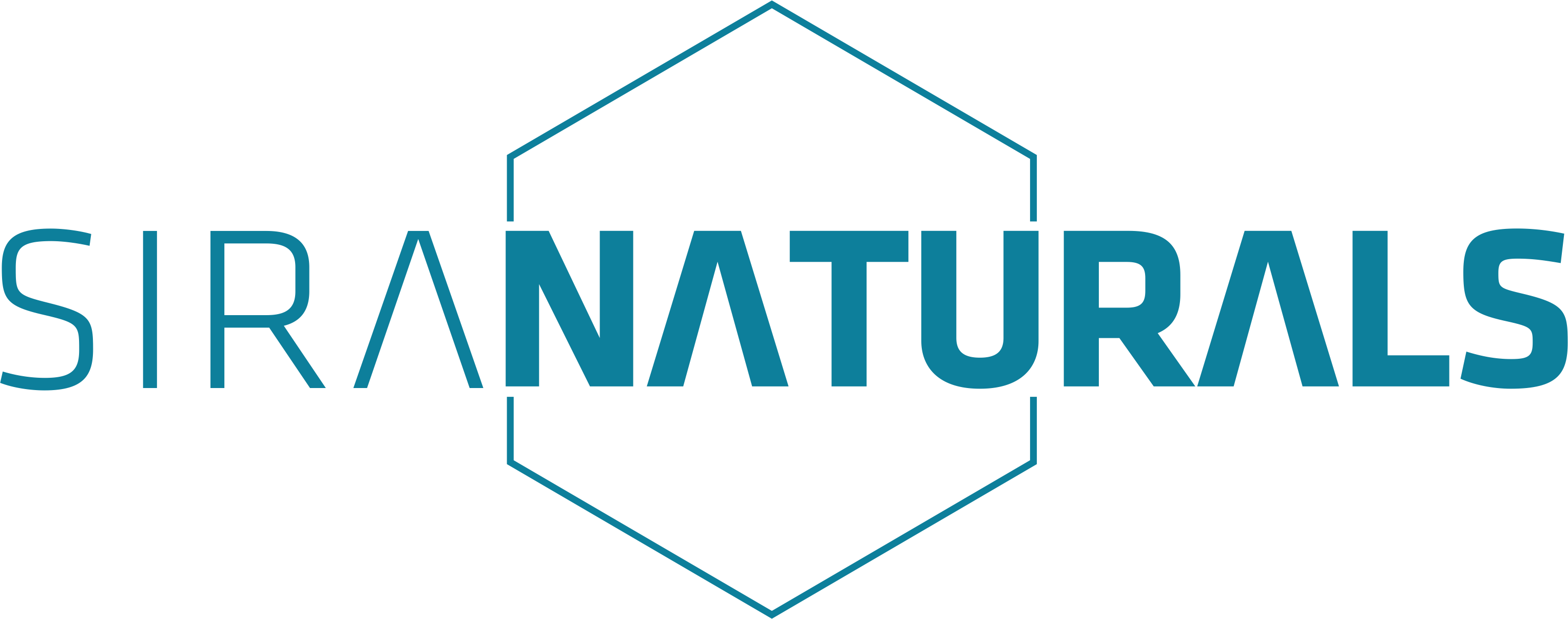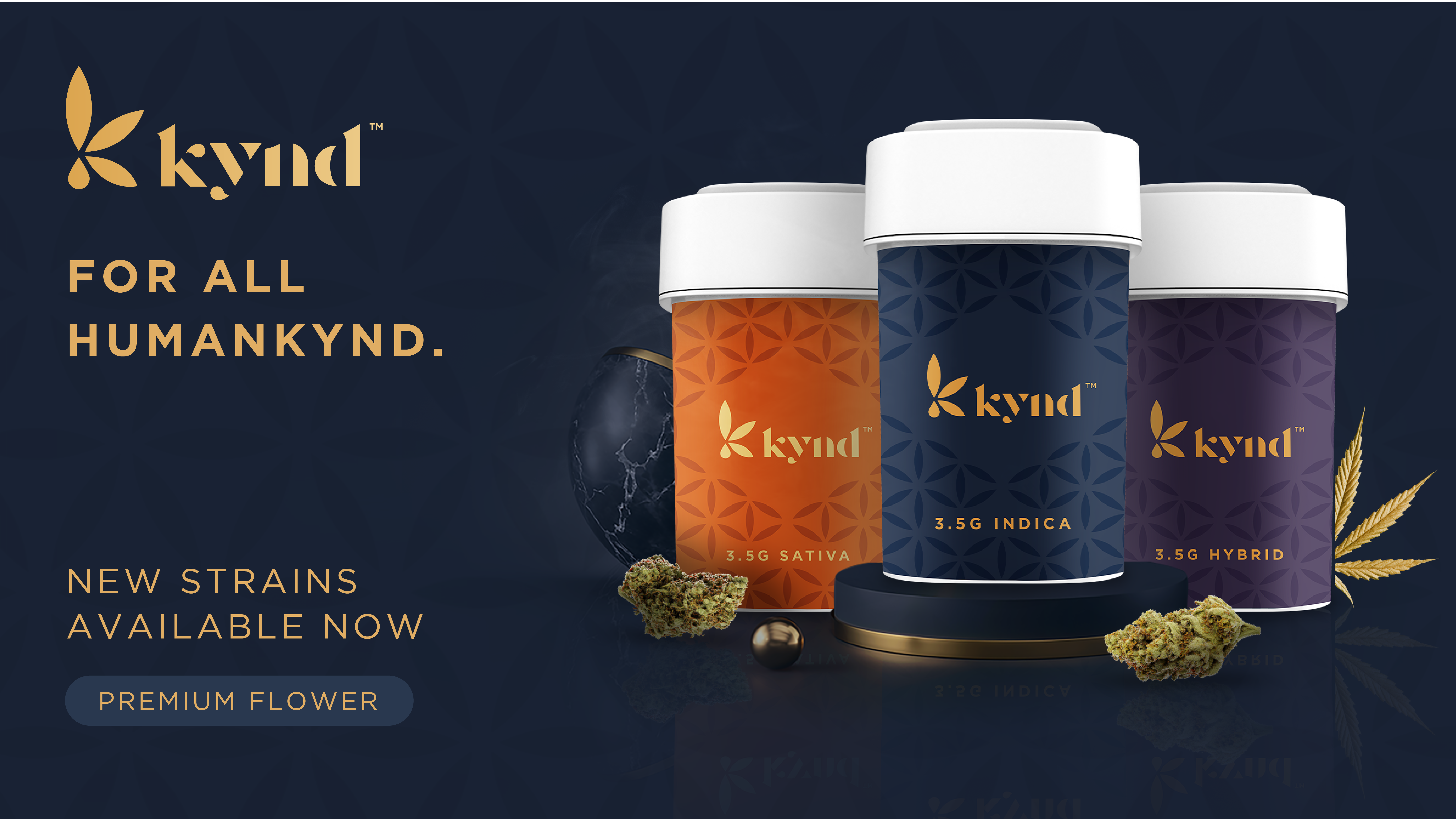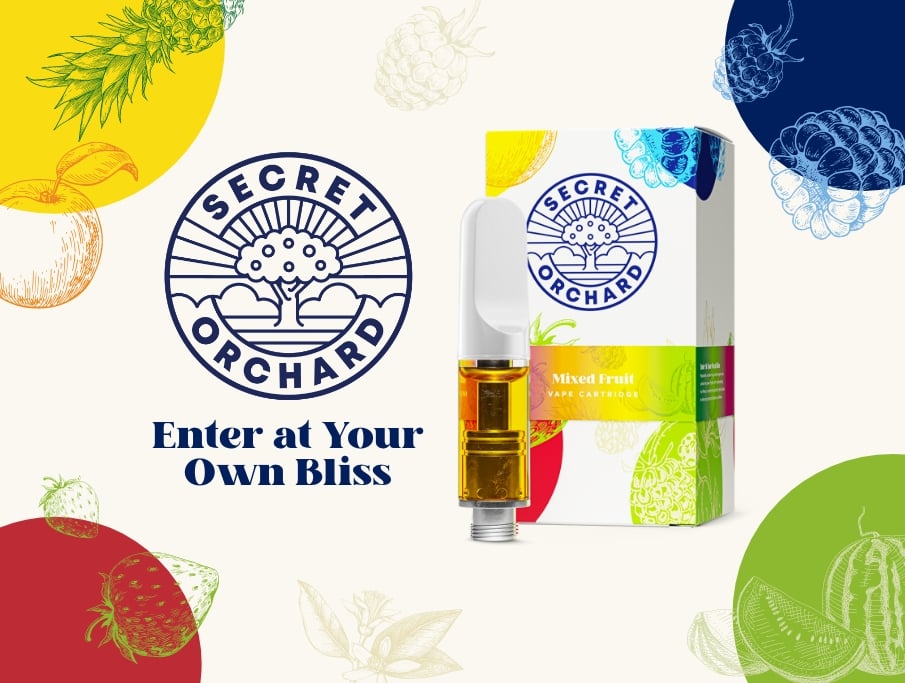Cannabis concentrates are an increasingly popular alternative to flowers. They contain only the most beneficial parts of the plant, are great for dabbing and vaping, and are perfect for patients who need to take regular or concentrated doses throughout the day. The purest forms, with THC concentrations much higher than you’ll find in flower, take medication to the next level.
That all sounds great, but there are a lot of choices. Why are some forms more potent than others? And what’s the difference between types – bubble hash, wax, and rosin, for example?
The easiest way to distinguish between products is by looking at how they were made. Concentrates can be divided into two broad categories: solvent-based and solventless.
Some products contain only cannabinoids and terpenes, others only cannabinoids, and then there are different combinations of each. Here’s a quick rundown of the science behind them.
What Are Solvent-Based Concentrates?
A solvent is a chemical that dissolves a solid into a liquid solution. The most common in the cannabis industry are butane, propane, alcohol, and CO2. (Water is technically a solvent, too, but used in non-solvent extractions in the cannabis world – more on that later.)
Most people refer to oil concentrates by their consistency: for example, shatter, budder, or wax. The same extraction method can produce different consistencies, so that just comes down to preference.
Here are the concentrates you get from the four above solvents:
- Butane hash oil (also known as BHO): This is by far the most common solvent-based extraction method. It works by passing butane through the plant material to strip it of cannabinoids and terpenes. The resulting solution is purged of butane in a vacuum oven. THC content: 60 to 90 percent.
- Propane hash oil (PHO): This process is similar to butane extraction, but at higher pressures and a lower boiling point, which should deliver fewer residuals and preserve more terpenes. THC content: 70 to 90 percent.
- Ethanol hash oil (also known as EHO): This is the concentrate we use at Sira Naturals to create our wax and shatter. It involves soaking the bud briefly in pure alcohol at low temperature to pull out the cannabinoids and terpenes. THC content: 60 to 90 percent.
- CO2 oil: It’s substantially safer to use than propane and butane with no harmful residuals, but some people consider it less flavorful. THC content: 50 to 75 percent.
What Are Solventless Concentrates?
As the name implies, solventless concentrates are made with extraction processes involving no solvents or toxicity risks whatsoever. Most contain only the head of the plant’s trichomes –where the highest concentration of cannabinoids and terpenes live.
Common solventless concentrates include:
- Bubble hash (also known as water hash or ice-water concentrate): This is made by soaking and gently shaking the bud in ice water. In the cold, the trichomes become brittle, break off, and pass through a filter fine enough to catch the rest of the plant matter. Bubble hash gets its name from how quickly it melts (or “bubbles”) under a flame. THC content: 40 to 70 percent.
- Kief: Kief is a type of dry sift (similar in appearance to sand) and one of the most ancient and flavorful forms of cannabis concentrate known to humans. It’s extracted by passing flower against a fine screen to gather the trichomes, which are gathered and stored in a container. At home, you can use a special grinder to do this. (It’s coming soon to Sira Naturals.) THC content: 20 to 60 percent.
- Rosin (also known as solventless hash oil [SHO]): Rosin is one of the newest and safest forms, made by applying pressure and heat (which are important to keep consistent, as different temperatures and pressures produce highly variable results). THC content: 60 percent or more.
Things to Note Before You Buy
Solventless extraction is a great option for do-it-yourselfers. Solvent-based concentrates, on the other hand, often get a bad rap, owing mostly to the potentially harmful ingredients and techniques involved.
As a rule of thumb, you can trust concentrates from licensed and regulated dispensaries. Reputable companies use professional equipment to produce batch-tested and accurately labeled products every time. Elsewhere, quality, purity, and safety can be a concern.
When in doubt? Leave it to the experts.






